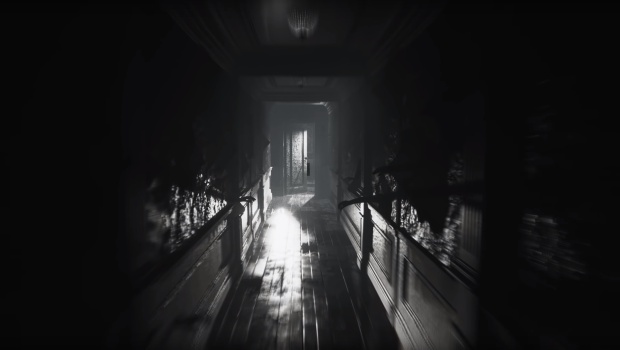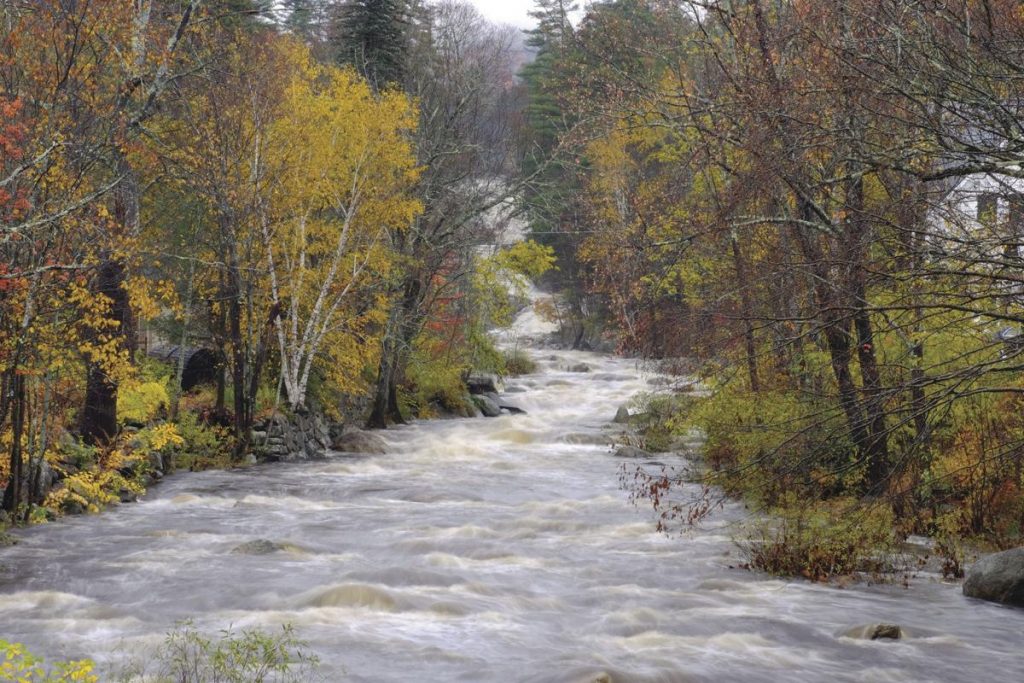Fittingly, a Filipino fellow, googling the word “precipice,” came upon my column, “At the Precipice, We Change?” It was written almost a year ago. Writers will recognize the sensation of reading something you wrote and feeling as if someone else wrote it. The piece is also discomfitingly prescient.
The Net is a strange thing. Roger asked questions pertaining to what is happening at present, which point toward the metaphysical nature, more than medical, social and economic nature of the global coronavirus crisis.
Before I address his questions, the matter of fear needs to be addressed. Physical fear is an intelligent reaction that bypasses thought. When I come across a rattlesnake in my path, as I sometimes do here, the entire body and mind instantly focuses on avoiding the danger.
Psychological fear is another matter. It’s essentially conditioned, and inherently unintelligent. Thought gives rise to emotional fear, and it paralyzes us.

Over 65 and still recovering from a case of walking pneumonia, I’m afraid of getting the coronavirus. Is that intelligent or unintelligent fear? No doubt both, but the point is that one has to honestly ask oneself the question as fear arises.
The fellow in the Philippines referred to the last sentence in last year’s column:
It’s now both urgently necessary and imminently possible for human beings to make the leap from symbol and memory-based consciousness to attention and insight-based consciousness.
Is that, more than “the strength of collectivist ethos,” what the pandemic is actually compelling and propelling? The coronavirus is producing the highest impact with least harm, and therefore is a perfect symptom of the crisis of human consciousness, and catalyst for psychological revolution around the world.
Experiencing altered states of consciousness that have occurred since he was in high school, Roger asks, “Is this inner insight something like evolution in process, which is already inherent in us?”
Words aren’t adequate to explain deeper insights and experiencings, because they are intrinsically beyond words. Even so, I’ll address his excellent questions as best I could.
My feeling is that though there may be some unknown kind of evolution operating to radically change us from essentially conditioned humans to increasingly unconditioned human beings, we cannot think in terms of evolution, because it implies time and gradualism. Inner change may take time, but thinking in terms of time prevents it from happening.
Likewise the idea that there is something “already inherent” in us is problematic. Clearly the potential for higher consciousness exists, but it’s latent, something that hasn’t been realized before except in very few people. Therefore, as ordinary human beings we have to develop a true order of consciousness within ourselves through attentiveness, and doing our own “spadework.”
This relates to Roger’s second question, “What are the fundamental steps to leap from symbol and memory-based consciousness to attention and insight-based consciousness?”
Again, we cannot think in terms of steps, since we then make inner development a function of thought and time. One simply attends to what one is actually feeling, thinking and doing every day, with the intent to understand oneself in the context of humankind and the crisis of human consciousness.
Take time to sit quietly, preferably in nature, and observe the movement of the mind and emotions without interference as judgment or choice. It’s like watching a turbulent, brown stream after a heavy rain, except the very act of passively watching the inner movement gathers undirected attention, which clears and cleanses the stream. The mind spontaneously falls silent, and in that silence, one grows in insight and deepens in awareness of sacredness beyond words.

That may sound like odd counsel at a time like this, but it’s the most important thing. We’re all being thrown back on ourselves, and our inner resources as individuals, not our instincts as social creatures, however helpful during earthquakes and tornadoes, will determine whether we come out of this crisis having grown as human beings, or regressed as self-centered, toilet paper hoarding humans.
Arriving at my favorite sitting spot along the stream, I spot a pair of mallards below the bank. Watching them for a minute, they slowly paddle upstream as I descend.
Surprisingly, they return a half hour later and begin foraging and preening directly in front of me, two meters away. A quarter hour later they begin a strange dance, jerking their heads in unison as they face each other. Sure enough, the male mounts the female and they quickly copulate.
Afterward they both swim underwater with great excitement, and then fly off. I have the feeling they wanted me to witness the whole thing. Strange times indeed, but beauty and love are everywhere, in the most expected ways.
Martin LeFevre

